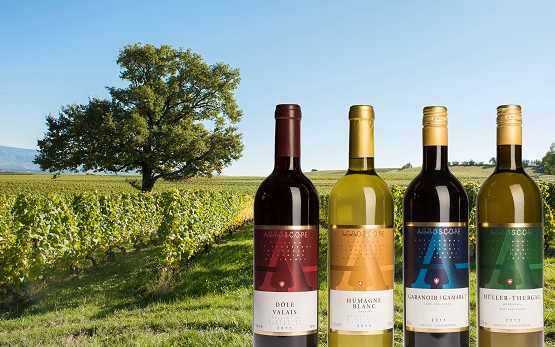The excellent quality of a wine only stimulates sales if this message of excellence reaches the consumer. The wine-production sector must therefore respond to the requirements and needs of the consumer with a view to offering a high-quality, healthy and appealing product.
Allergen residues
Recently, input residues - in particular, traces of potentially allergenic winemaking adjuvants - have given rise to concerns. We must therefore develop analyses and study alternative treatments which do not leave behind residues, or which are non-allergenic.
Wine shelf-life
Wine-drinking habits change continually, allowing the development of new forms of packaging and sealing. The impact of these new forms of packaging on the storage/shelf-life of the wines must be studied.
Saving natural resources
Ethical aspects such as the sustainability of the production chain can contribute to a commercial value-added of the product. Certain crop-management sequences allowing the saving of energy and water must be validated in terms of their organoleptic impact on the wine.






